World
The modern world cannot be studied without examining the course, impact and legacy of two world wars, the resources in this section set out to look at both the First and Second World Wars in their global context. The section also includes the Cold War and its impact in Latin America, South-East Asia and parts of Africa. This period also sees the rise and fall of European imperialism and the changing nature of global politics and economics as technology brings different stories from so many parts of the world directly to us. Read more
Sort by:
Date (Newest first) | Title A-Z
Show:
All |
Articles |
Podcasts |
Multipage Articles
-

The Indian Mutiny - Pamphlet
ArticleClick to view -

The Japanese History Textbook Controversy: a Content Analysis
ArticleClick to view -

The Journey to Icarie and Reunion: A Romance of Socialism on the Texas Frontier
ArticleClick to view -
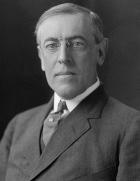
The League of Nations
ArticleClick to view -

The Legacy of the Z Special Unit in World War II
ArticleClick to view -
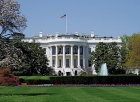
The Long Winding Road to the White House
ArticleClick to view -

The Mary Celeste: the history of a mystery
ArticleClick to view -

The Migration of Indians to Guiana and Surinam
ArticleClick to view -

The Military Historian and the Popular Image of the Western Front, 1914-1918
ArticleClick to view -
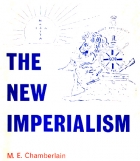
The New Imperialism
ArticleClick to view -
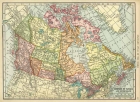
The Northern Limit: Britain, Canada and Greenland, 1917-20
ArticleClick to view -

The Olympics - politics, impact and legacy - its not just about the sport
ArticleClick to view -
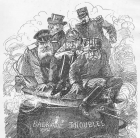
The Origins of the First World War
ArticleClick to view -
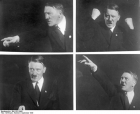
The Origins of the Second Great War
ArticleClick to view -

The Pennsylvanian Origins of British Abolitionism
ArticleClick to view -
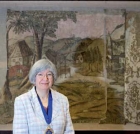
The President's Column 112
ArticleClick to view -

The Press and the Public during the Boer War 1899-1902
ArticleClick to view -

The Romanov Tercentenary: nostalgia versus history on the eve of the Great War
ArticleClick to view -
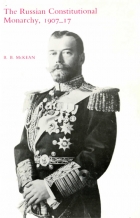
The Russian Constitutional Monarchy, 1907-17
ArticleClick to view -
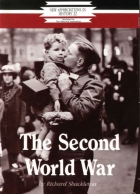
The Second World War
ArticleClick to view

